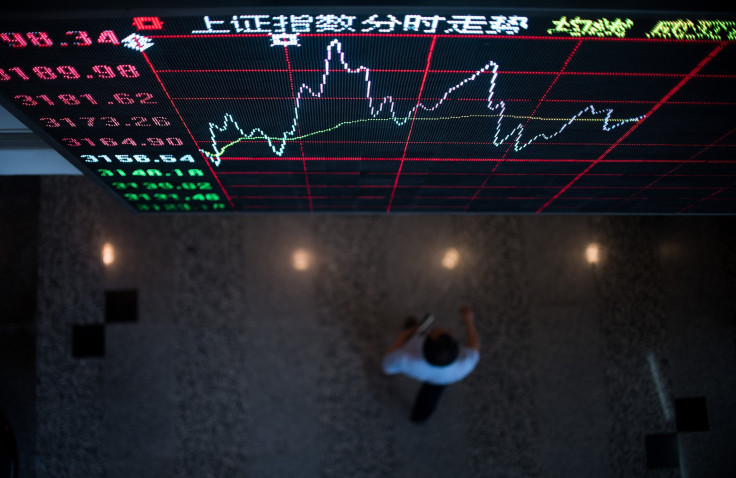US Government Bond Yields Up After People's Bank Of China Cuts Interest Rates

The China central bank's decision to cut interest rates to try to mitigate the country's economic slowdown was the announcement heard around the world Friday. The change, which also lowered banks' reserve requirements, sparked optimism among investors who then abandoned United States Treasury bonds for stocks, the Wall Street Journal reported.
"It is a pretty good risk-on move," Federated Investors portfolio manager Donald Ellenberger told Reuters. "And ordinarily, in risk-on moves, risk-free Treasuries suffer."
Government bonds, which are debt securities largely regarded as low-risk and long-term investments, produce higher yields when prices decrease. The record slow growth of China's gross domestic product -- and the threat of international consequences -- has caused demand for them to rise in recent months. The 10-year yield hit a high of 2.5 percent in June.
But Friday, the People's Bank of China (PBOC) revealed it would lower its one-year lending rate from 4.6 percent to 4.35 percent and drop its one-year deposit rate from 1.75 percent to 1.5 percent, according to previous International Business Times reporting. The announcement was part of the most aggressive series of measures to relax policies in China in about six years. It was aimed at encouraging lending and supporting economic development. The changes were set to take effect Saturday.
Hours after the PBOC's decision Friday, Tradeweb recorded the 10-year yield for U.S. government bonds at 2.08 percent. The day before, it was 2.025 percent, according to the Journal. Essentially, the PBOC's announcement "reduces the probability of some of the more dire predictions" linked to China's economic crisis, BMO Capital Markets strategist Aaron Kohli told the newspaper.
In related news, the PBOC and other world banks have been selling off their U.S. government bonds recently in an effort to boost their currencies. Though this may sound bad, Charles Schwab analyst Kathy Jones wrote in a blog post last week, "large-scale 'dumping' of U.S. Treasuries is highly unlikely."
© Copyright IBTimes 2024. All rights reserved.












